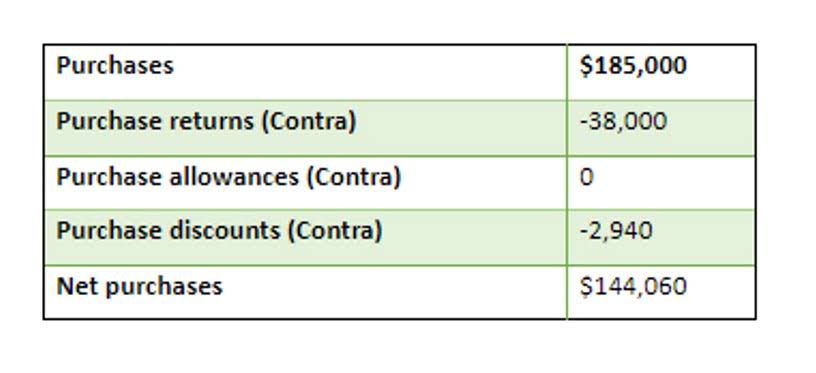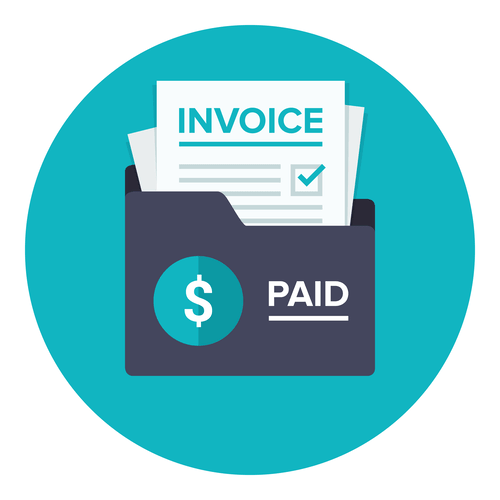
While you can record insurance entries manually, accounting software automates the process. I am sure if the Accountant wants to change anything, adjusting journals can be done. So, if you originally put the repairs against a Repairs & Maintenance expense account, that is the account you will put the insurance proceeds against.
Insurance Expenses on the Income Statement
- Accumulated Depreciation appears in the asset section of the balance sheet, so it is not closed out at the end of the month.
- Several factors influence insurance expenses, including risk management practices, the frequency of claims, the level of deductibles, and the coverage limits specified in the insurance policy.
- By the end of the month some of the prepaid rent expired, so you reduced the value of this asset to reflect what you actually had on hand at the end of the month ($11,000).
- This process accurately matches the expense with the period in which the insurance coverage was consumed.
- By carefully tracking insurance payments and making appropriate adjustments, businesses can ensure their financial statements accurately reflect their true financial performance and position.
These rules are integral to the double-entry accounting system, where every transaction affects at least two accounts, with total debits always equaling total credits. Therefore, whether a prepaid expense is a debit or a credit depends on the specific stage of its accounting treatment. The journal entry is debiting insurance expense $ 1,000 and credit unexpired insurance $ 1,000. To conclude what has been explained above, prepaid insurance is a part of the current assets of the business because it has been paid off by the business already for future use.

Are insurance payments liabilities?

This balance will be reversed to insurance expenses on the income statement. The reverse of unexpired insurance will depend on the consumption of insurance services over the period. For example, if a business pays $1,200 for a one-year insurance policy, the journal entry Accounting for Technology Companies includes a debit of $1,200 to Prepaid Insurance and a credit of $1,200 to Cash. This entry reflects the increase in one asset (Prepaid Insurance) and the corresponding decrease in another asset (Cash). This initial recording establishes the asset on the company’s balance sheet, representing the value of the unused insurance coverage.
Example 10: Prepaid Property Taxes
- This debit increases the expense recognized for the period, matching the cost of the insurance coverage consumed during that month.
- At the end of the month 1/12 of the prepaid rent will be used up, and you must account for what has expired.
- Debits are entries recorded on the left side of an account, while credits are recorded on the right side.
- However, the related benefits corresponding to the insurance amount prepaid will be received in the next accounting period.
- Therefore, it is always advisable to incur the insurance expense considering the danger one faces and the requirements against the same.
The adjusting entry for supplies updates the Supplies and Supplies Expense balances to reflect what you really have at the end of the month. In the double-entry bookkeeping system, every financial transaction affects at least two accounts, with debits always equaling credits. Debits are entries recorded on the left side of an account, while credits are recorded on the right side. These entries determine how different types of accounts increase or decrease. Understanding how this financial transaction is recorded in accounting systems is important for accurate financial reporting.


To accurately reflect this expense in the financial statements, an adjusting entry is required. These entries are necessary because some transactions may have occurred but were not recorded during the accounting period, or the initial https://pulsix.com/how-to-audit-accounts-payable-in-your-small/ recording was incomplete or inaccurate. Adjusting entries help to match revenues and expenses to the correct accounting period, following the accrual basis of accounting. At the end of the month 1/12 of the prepaid taxes will be used up, and you must account for what has expired.
- Consequently, the decisions about whether an expense should be recorded as a debit or credit in a company’s accounts will depend upon how IFRS has been applied.
- After 12 full months, at the end of May in the year after the insurance was initially purchased, all of the prepaid insurance will have expired.
- This indicates that is company is involved in the utilization of a service over a period of time.
- This prepaid account will come to the NIL balance at the end of the accounting period and all the expenses accrued in the income statement.
- Debits and credits dictate how every financial event impacts a business’s records.
Only the expired portion of the premium should be presented as “Insurance Expense”. Understand the fundamental accounting treatment of insurance to accurately reflect its financial position and impact on your books. Cash is debited because the asset account is increasing is insurance expense a debit or credit from the refund.

